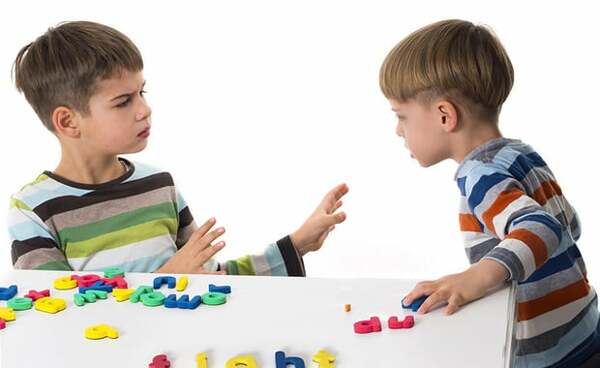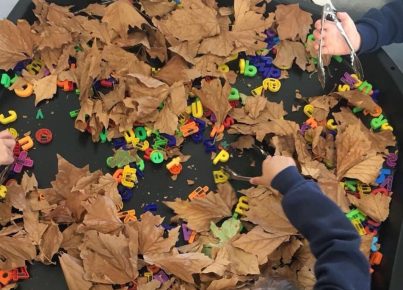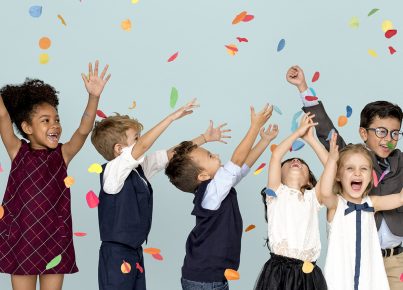Conflict is an inevitable part of life, and this holds true for children as much as it does for adults. In the playground, at school, or within family dynamics, children often find themselves at crossroads with peers and siblings. The manner in which these conflicts are resolved can play a significant role in shaping a child’s moral development.
When children engage in physical or verbal fights, it usually stems from a lack of effective communication skills and an inability to cope with strong emotions like frustration or anger. Introducing conflict resolution lessons early on can have influential benefits on their moral compass.
These lessons typically begin by teaching children the fundamental aspects of empathy – understanding and acknowledging the feelings and perspectives of others. Through role-playing exercises and group discussions, children learn the importance of listening to their peers and expressing their own feelings without resorting to violence or aggression.
Another crucial part of these lessons involves learning negotiation skills. Children are encouraged to seek win-win solutions that require give-and-take from both parties involved. This instills in them the concept of fairness which plays an essential role in moral reasoning.
Moreover, as they learn to solve disputes amicably, children also develop patience, tolerance, and respect for differences. These are key virtues that contribute to one’s ethical framework as they align with broader societal values of peaceful coexistence and mutual respect.
One pivotal element of moral development is understanding the consequences of one’s actions – both good and bad. Through conflict-resolution activities, children come to appreciate the positive outcomes that arise from settling disagreements through conversation rather than through physical confrontations or holding grudges.
It is important to highlight that these lessons should occur within a supportive environment where mistakes are viewed as learning opportunities. When they are corrected gently and guided towards better choices, children internalize constructive behavioral norms rather than developing fear tied to punitive measures.
Incorporating restorative practices can also amplify the moral lessons gleaned from conflict resolution. By involving children in the process of repairing the harm caused by their actions — perhaps through apologies or helping out the aggrieved party — they learn accountability and the principle that their actions can indeed make things right again.
In conclusion, integrating conflict resolution lessons into child education can notably assist in steering their moral development in a positive direction. Handling disputes non-violently allows them not only to foster necessary life skills but also grows their capacity for ethical reasoning, justice, empathy, and respect for others; all elements essential to becoming responsible adults who contribute positively to society.





